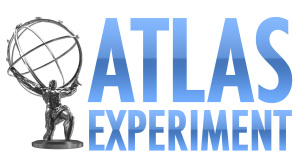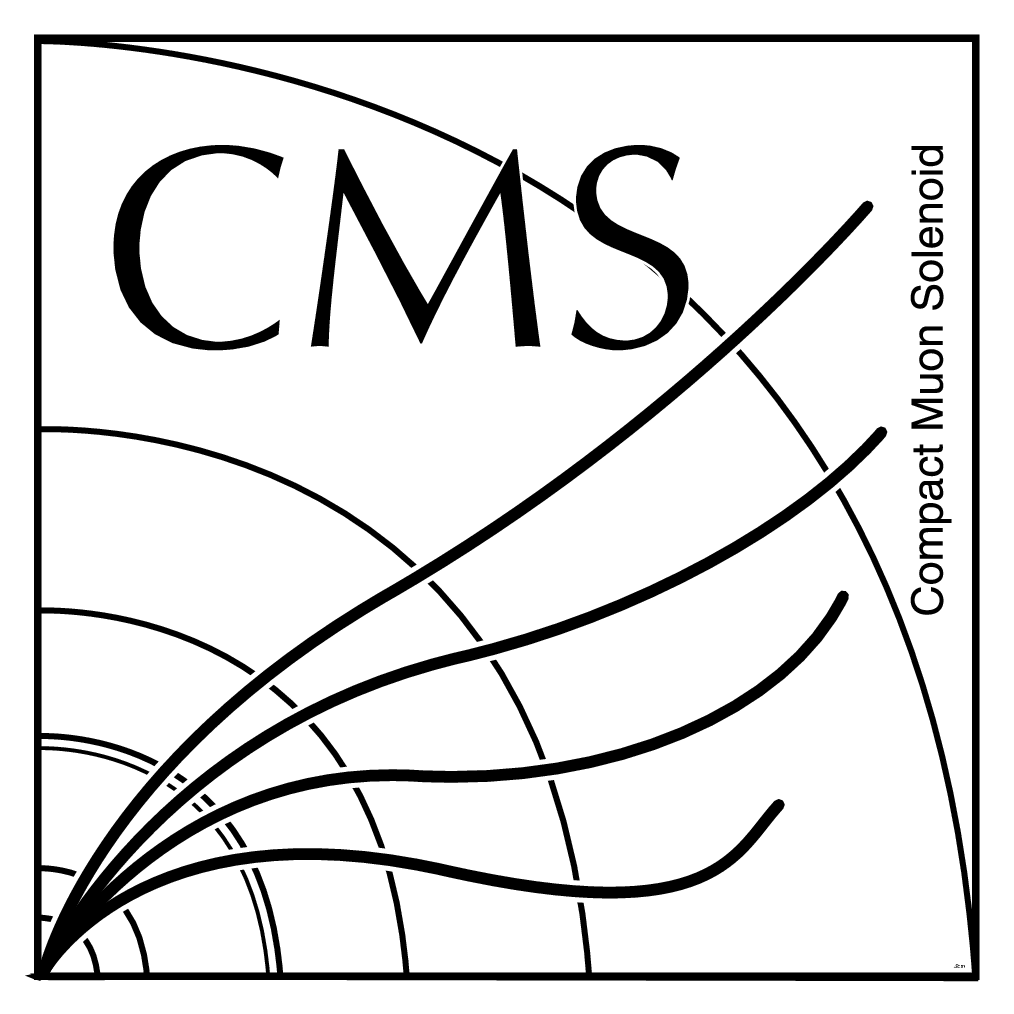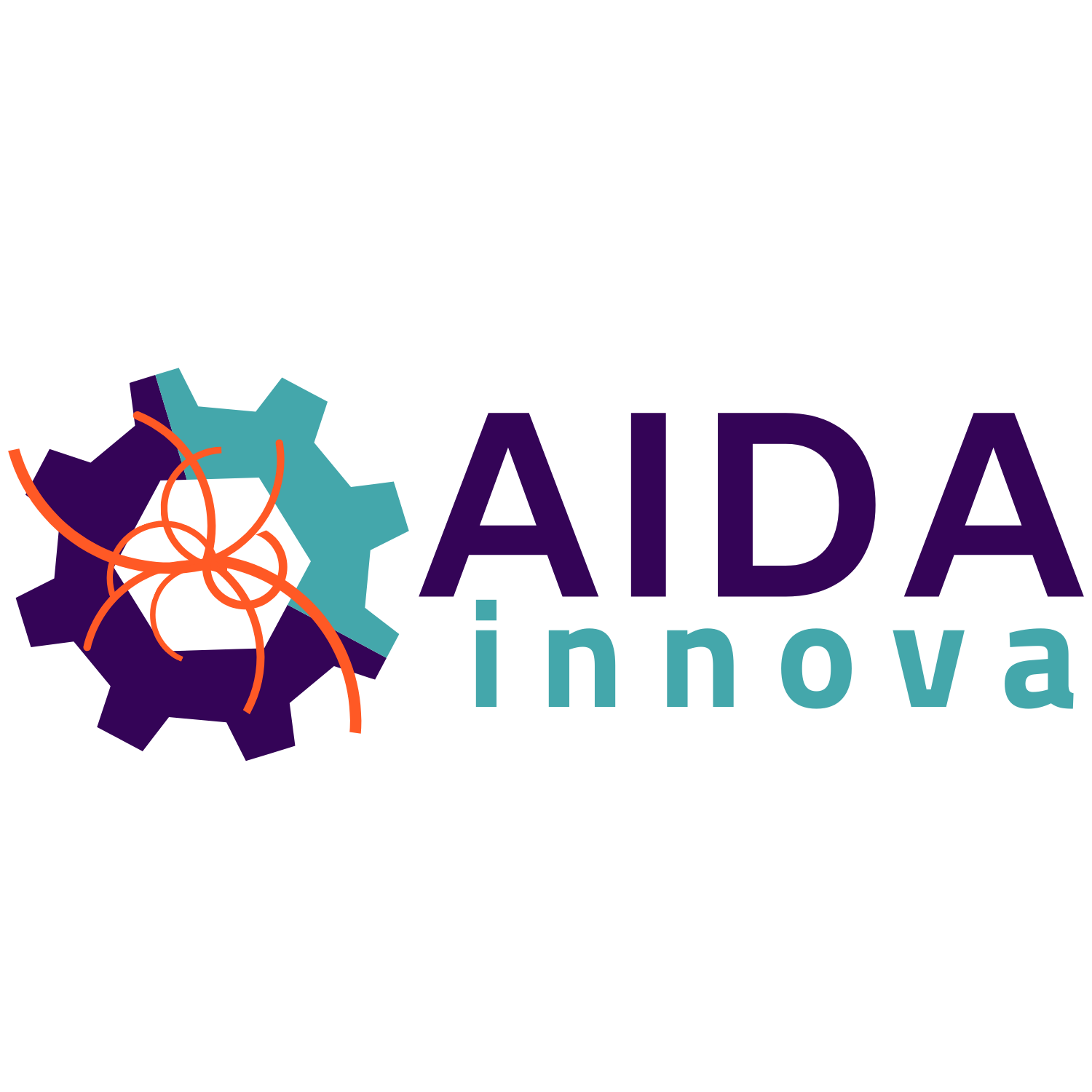LHC Experiments |
|
|
ATLAS: A Toroidal LHC ApparatuS
|

|
|
CMS: Compact Muon Solenoid |

|
|
LHCb: Large Hadron Collider beauty |

|
|
RD50: Radiation hard semiconductor devices for very high luminosity colliders |
|
|
RD53: Development of pixel readout integrated circuits for extreme rate and radiation
|
|
|
RD51: Development of Micro-Pattern Gas Detectors Technologies |
Accelerator Projects |
|
| CLIC:Compact Linear Collider CLIC is a study for a future electron-positron collider that allows physicists to explore a new energy region in the multi TeV range beyond the capabilities of today's particle accelerators. It would provide significant fundamental physics information complementary to the LHC and a lower-energy linear e+/e- collider, as a result of its unique combination of high energy and experimental precision. |
 |
| FCC : Future Circular Collider The Future Circular Collider (FCC) design study explores options for accelerator projects in a global context, with emphasis on proton-proton and electron-positron high-energy frontier machines. These design studies are coupled to a vigorous accelerator R&D programme, including high-field magnets and high-gradient accelerating structures, in collaboration with national institutes, laboratories and universities worldwide. |
 |
| ILC: International Linear Collider The International Linear Collider will give physicists a new cosmic doorway to explore energy regimes beyond the reach of today's accelerators. The proposed electron-positron collider will complement the LHC. In 2013, the International Linear Collider and the Compact Linear Collider (CLIC) merge to form one Linear Collider Collaboration. |
 |
Other Accelerator Projects and Experiments |
|
| CALICE: CAlorimeter for LInear Collider Experiment The CALICE (CAlorimeter for LInear Collider Experiment) collaboration [1] is an R&D group of more than 280 physicists and engineers from around the world, working together to develop new, high performance detectors for high energy positron-electron( e^+e^- ) experiments at future International Linear Collider (ILC). It is a part of the European EUDET project. |
 |
